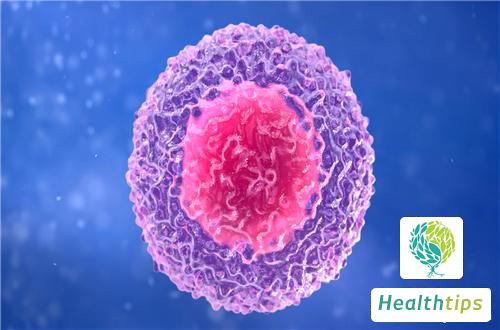Elevation of white blood cell count in the blood is commonly seen in acute infections, acute massive hemorrhage, acute poisoning, or blood system diseases, etc. If not treated promptly, it can cause great harm to the body and even threaten life and health. Therefore, when white blood cell elevation occurs, timely blood tests should be performed in the hospital for diagnosis and targeted treatment based on the cause of the disease to prevent further deterioration of the condition.

High white blood cell count refers to a white blood cell count greater than 10×10^9 per liter. Elevated white blood cell count is commonly seen in the following situations:
1. Acute infections, especially bacterial infections such as Staphylococcus aureus and Streptococcus pneumoniae, can cause an increase in white blood cell count.
2. Severe tissue damage and destruction of a large number of blood cells, such as severe trauma, extensive burns, major surgery, acute myocardial infarction, pulmonary infarction, and severe intravascular hemolysis, can also lead to an increase in white blood cell count.
3. Acute massive hemorrhage can also cause a significant increase in white blood cell count within 1 to 2 hours.
4. Acute poisoning, such as uremia, diabetic ketoacidosis, drug poisoning, insect venom, snake venom, etc., can also cause an increase in white blood cell count.
5. Blood system diseases, such as acute leukemia, chronic leukemia, and polycythemia vera, can also cause an increase in white blood cell count.

